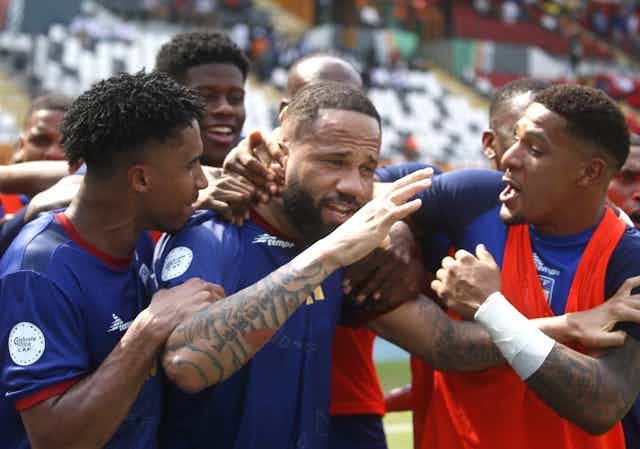Africa’s diaspora footballers are boosting the continent’s game – but they are also creating challenges…

Former Manchester United forward, Bebé (centre), is one of the African diaspora on show at the 2023 Africa Cup of Nations.
Emmanuel Emmfo is a Digital Brand Strategist, Social Media Strategist ,and COO of Afro Diaspora Pulse. He helps CEOs, Founders, and Diaspora Leaders build visible, purpose-driven brands through strategy, culture, and storytelling. At Afro Diaspora Pulse, Emmanuel leads content and community strategy—amplifying African and diaspora voices through digital visibility, thought leadership, and authentic storytelling. Passionate about bridging cultures and opportunities, he writes about brand growth, social media strategy, digital innovation, and diaspora impact. 📧 Contact: emmfopro@gmail.com
🔗 Connect with me on LinkedIn.
Leave a Comment
Leave a Comment





